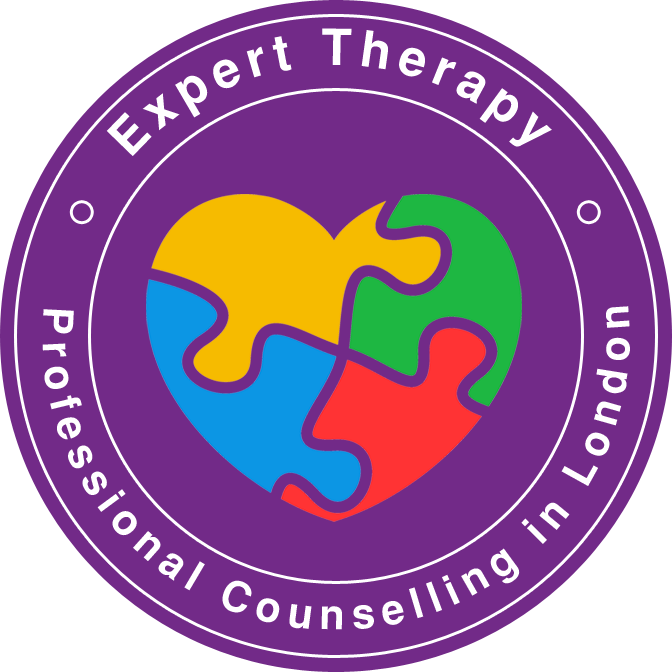Acceptance and Commitment Therapy (ACT) in London
Don’t know what to do with your life? Feeling stuck? Have you been searching for a therapy that integrates mindfulness into its process and makes your life more meaningful and productive?
What is ACT therapy?
Cognitive behavioural therapy (ACT) is a short-term or long-term psychotherapy that comes from the cognitive behavioural school of thought.
ACT therapy teaches you to be psychologically flexible, which means accepting what you can’t control, and taking action over what you can. Life becomes more meaningful and happier as a result.
In psychotherapy, acceptance and commitment therapy (ACT) draws on traditional behaviour therapy and cognitive behavioural therapy. Rather than avoiding, denying, and struggling with their inner emotions, clients learn to accept that these feelings are appropriate responses to certain situations and shouldn’t impede their progress. Clients who understand this begin to accept their hardships and commit to changing their behaviour, regardless of what is going on in their lives or how they feel about it.
Professor Steven C. Hayes, a psychologist at the University of Nevada, developed ACT in the 1980s. Hayes’s own experience with panic attacks led him to develop ideas that would form the basis for ACT. It was only then that he vowed no longer to run from himself—he would accept himself and what he had experienced.
As a culture, we seem to believe that ‘negative’ emotions are not a part of a whole life, but have to be fixed, managed, or changed. We are treating our own lives as problems to solve as if we can sort through our experiences for the ones we like and throw out the rest,” Hayes writes in Psychology Today. For that transformational shift, acceptance, mindfulness, and values are essential psychological tools.
The acceptance and commitment therapy model
ACT holds that pain and suffering are normal and unavoidable parts of human experience, and that any long-term suffering is actually the result of our attempts to control and avoid these experiences. Accepting what life brings, without evaluating and judging our experiences, allows us to ‘act’.
- Accept your reactions and be present
- Choose a valued direction
- Take action.
What issues can ACT counselling help with?
ACT (Acceptance and Commitment Therapy) may support individuals experiencing symptoms of depression, anxiety, stress, phobias, physical discomfort, or unexplained medical concerns. Individual results may vary. It is recommended to consult with a licensed mental health professional to determine the most appropriate treatment.
ACT therapists at Expert Therapy London
Is it important for you to work with an ACT therapist who has been trained at a top institution and has at least five years of experience working with issues like yours? Our psychotherapists and counselling psychologists are known for their expertise and can provide you with therapy you can trust.
What is an ACT session like?
With ACT therapy, you will work closely with your therapist, in 50-minute sessions, using three main tools: mindfulness, acceptance, and commitment.
You can practice mindfulness by paying attention to the thoughts, feelings, and sensations you are experiencing right now.
In mindfulness and in life, acceptance involves learning how to accept thoughts, emotions, and experiences without attaching meaning to them, or avoiding or controlling them.
Taking action towards positive behavioural and life changes requires using our personal values to determine what is important to us.
ACT vs CBT therapy
In the same way as CBT, acceptance and commitment therapy is a part of the ‘third wave’ of therapy. They help you move towards your life goals by focusing on your thinking and your current issues.
Cognitive behaviour therapy (CBT) focuses on changing your thoughts and feelings, while acceptance-based therapy (ACT) exchanges control for acceptance. Rather than fighting your thoughts and feelings, it teaches you to notice, accept, and embrace them.
Further reading
- What is acceptance and commitment therapy?
- What are ‘third wave’ therapies and cognitive behavioural therapies?
- ACT Made Simple: An Easy-to-Read Primer on Acceptance and Commitment Therapy. Russ Harris, 2009.
- The Mindfulness and Acceptance Workbook for Anxiety: A Guide to Breaking Free From Anxiety, Phobias, and Worry using Acceptance and Commitment Therapy. John Forsyth and Georg Eifert, 2008.
- ACT with Love: Stop Struggling, Reconcile Differences, and Strengthen Your Relationship with Acceptance and Commitment Therapy’. Russ Harris, 2009.

